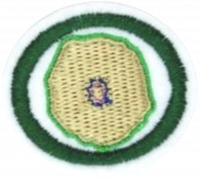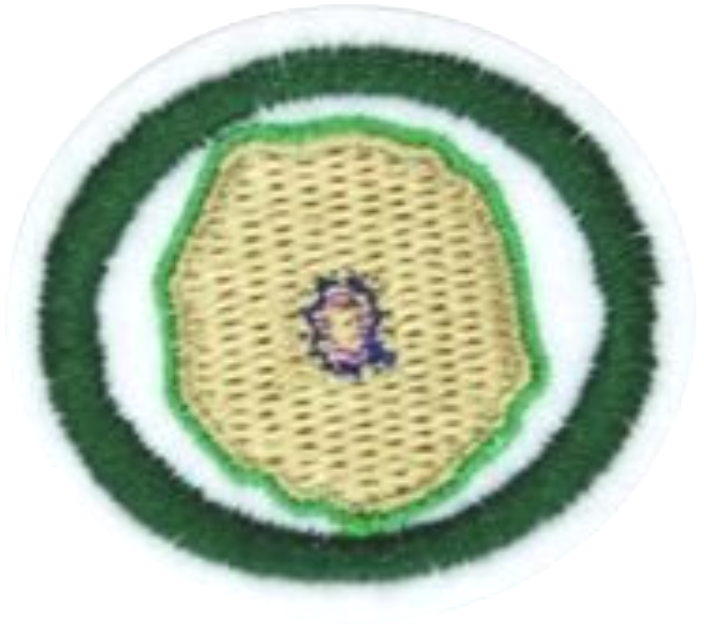Difference between revisions of "AY Honors/Cytology/Requirements/pt-br"
(Created page with "Especialidades JA/Citologia/Requisitos") |
(Created page with "</noinclude>Quais as 3 partes de uma célula eucarionte? Cite algumas funções delas. <noinclude>") |
||
| Line 3: | Line 3: | ||
<section begin=Body /> | <section begin=Body /> | ||
| − | <b>1. <section begin=req1 /><noinclude> | + | <b>1. <section begin=req1 /><noinclude></noinclude>Quais as 3 partes de uma célula eucarionte? Cite algumas funções delas. |
| − | </noinclude> | + | <noinclude></noinclude><section end=req1 /></b> |
| − | <noinclude | ||
| − | |||
<b>2. <section begin=req2 /><noinclude><div lang="en" dir="ltr" class="mw-content-ltr"> | <b>2. <section begin=req2 /><noinclude><div lang="en" dir="ltr" class="mw-content-ltr"> | ||
Revision as of 11:22, 23 June 2021
Nível de Habilidade
2
Ano
2012
Version
01.02.2026
Autoridade de Aprovação
Divisão Sul Americana
1. Quais as 3 partes de uma célula eucarionte? Cite algumas funções delas.
What is a prokaryotic cell?
Name three differences between an animal cell and a plant cell.
What are stem cells? Why they are important?
Name three functions of the plasma membrane.
Explain the following forms of selective permeability:
- a.
Osmosis
- b.
Diffusion
Explain the following forms of non-selective permeability:
- a.
Phagocytosis
- b.
Pinocytosis
8.
What is active transport and passive transport?
9.
What are the parts of the cell nucleus? Why are each of them important?
10.
Name the functions of the following plasma organelles:
- a.
Mitochondria
- b.
Centriole
- c.
Golgi complex
- d.
Rough Endoplasmic Reticulum
- e.
Smooth Endoplasmic Reticulum
- f.
Lysosome
- g.
Ribosome
- h.
Peroxisome
11.
What is the importance of cilia and flagella?
12.
Identify, with pictures or drawings, five different types of cells (muscular, bone, cartilaginous, adipose, leukocyte, hematic, neuron, etc.).



